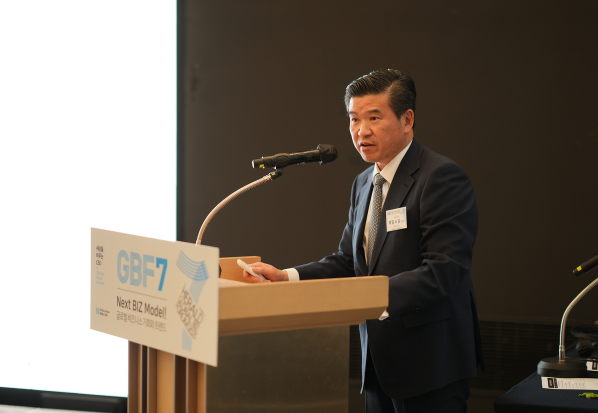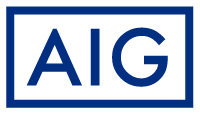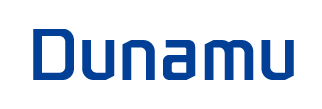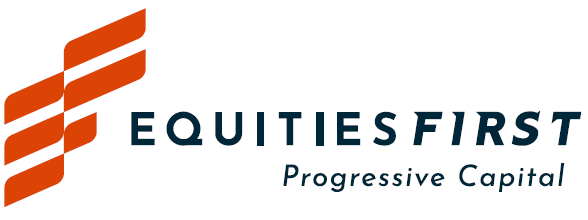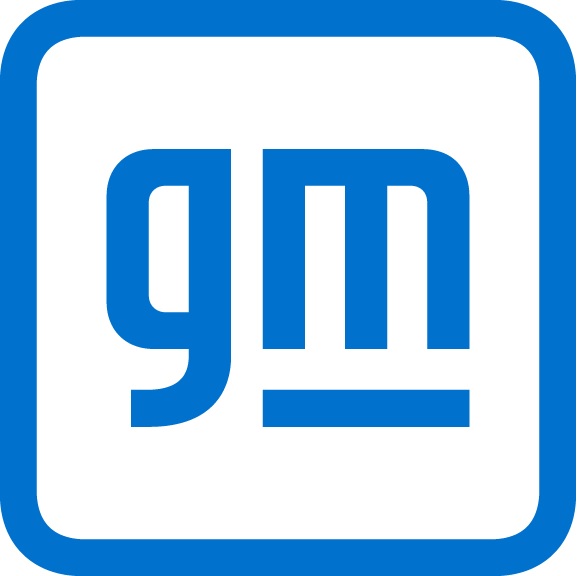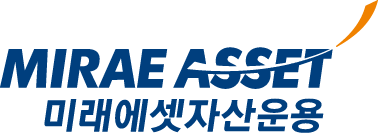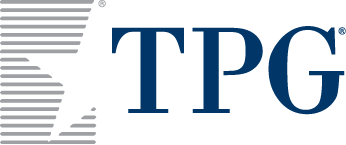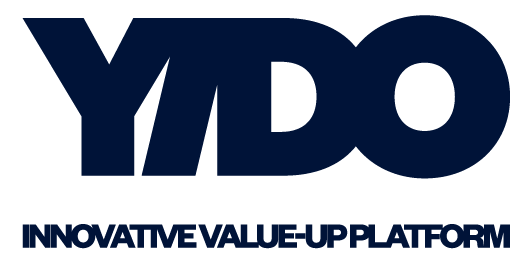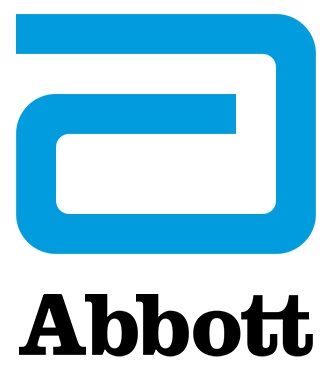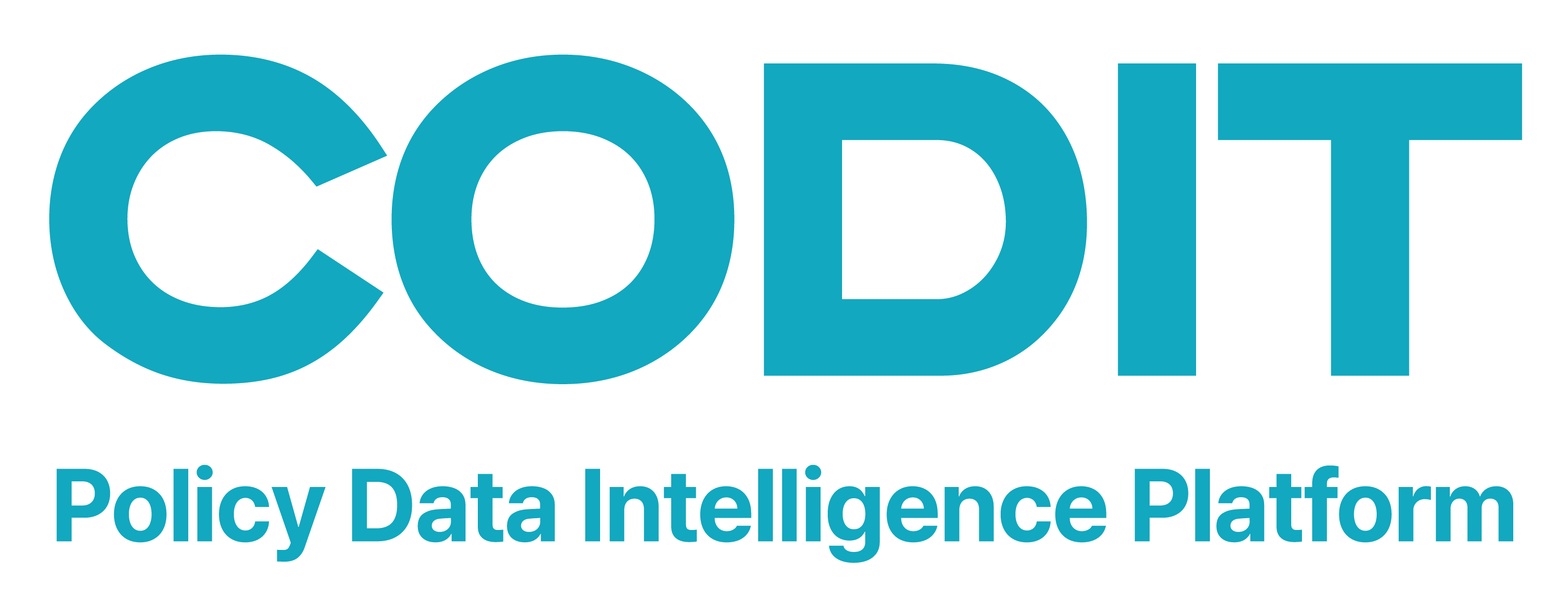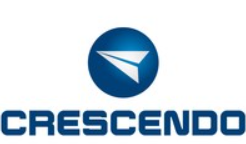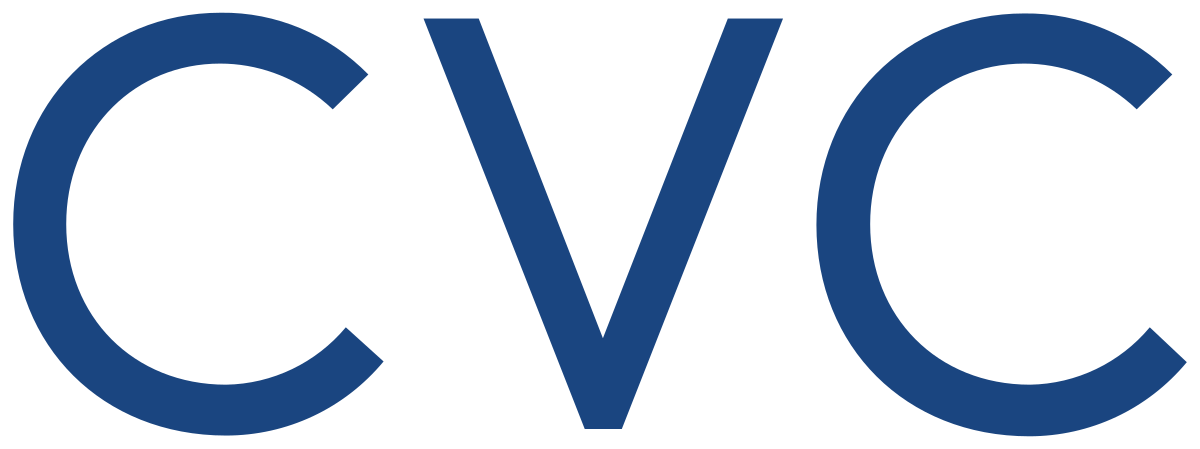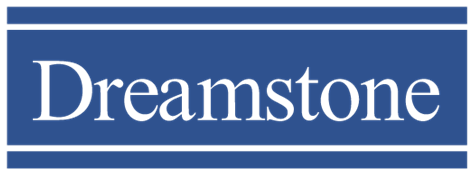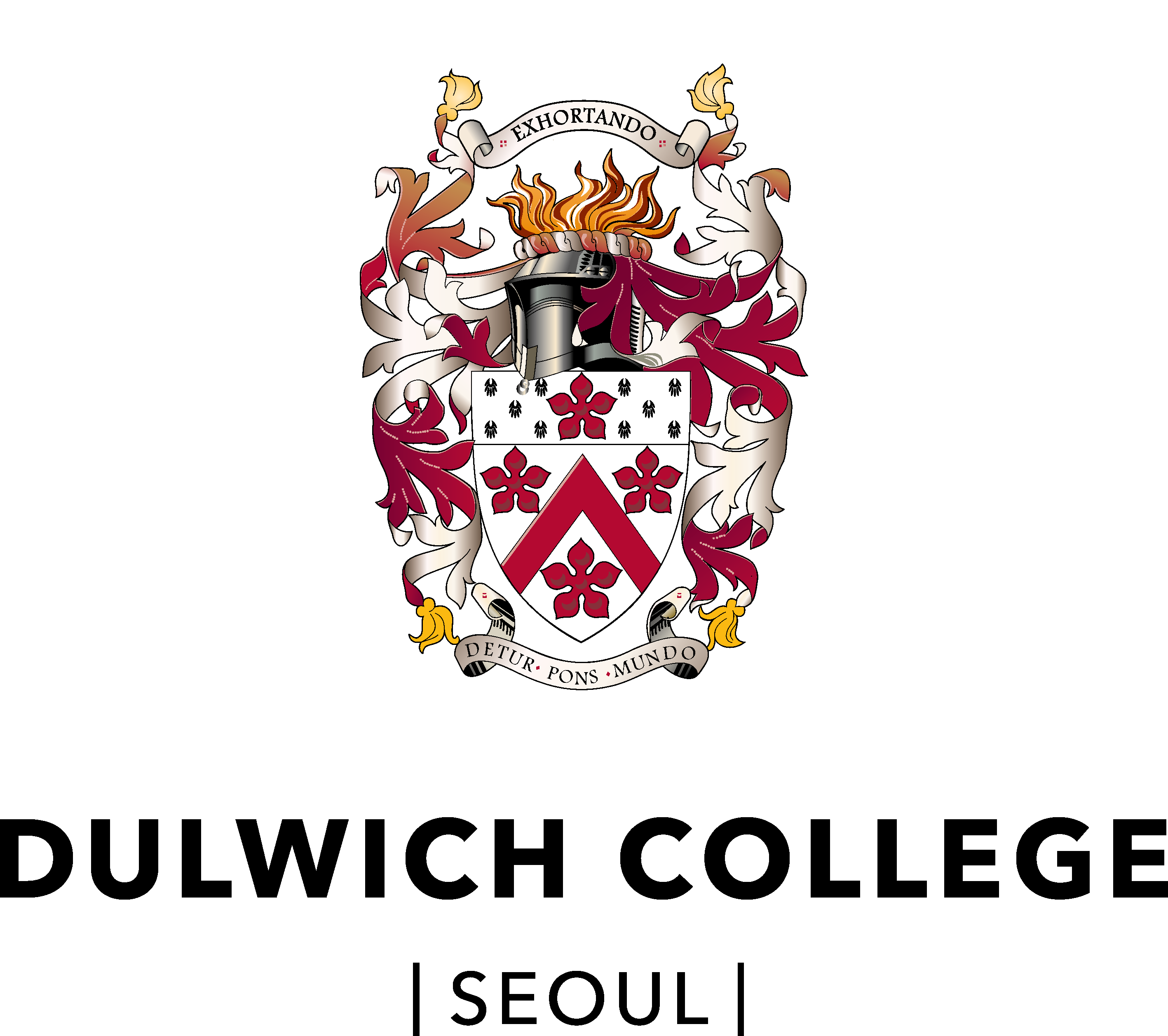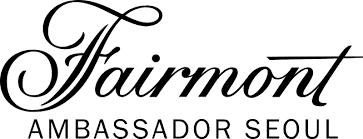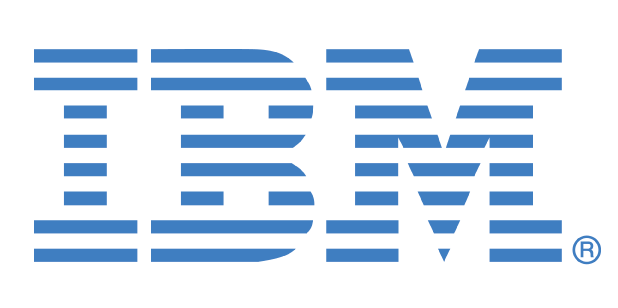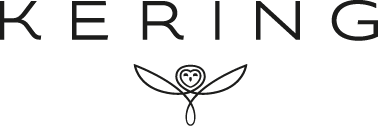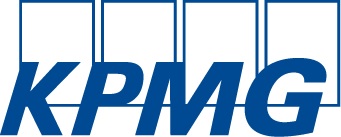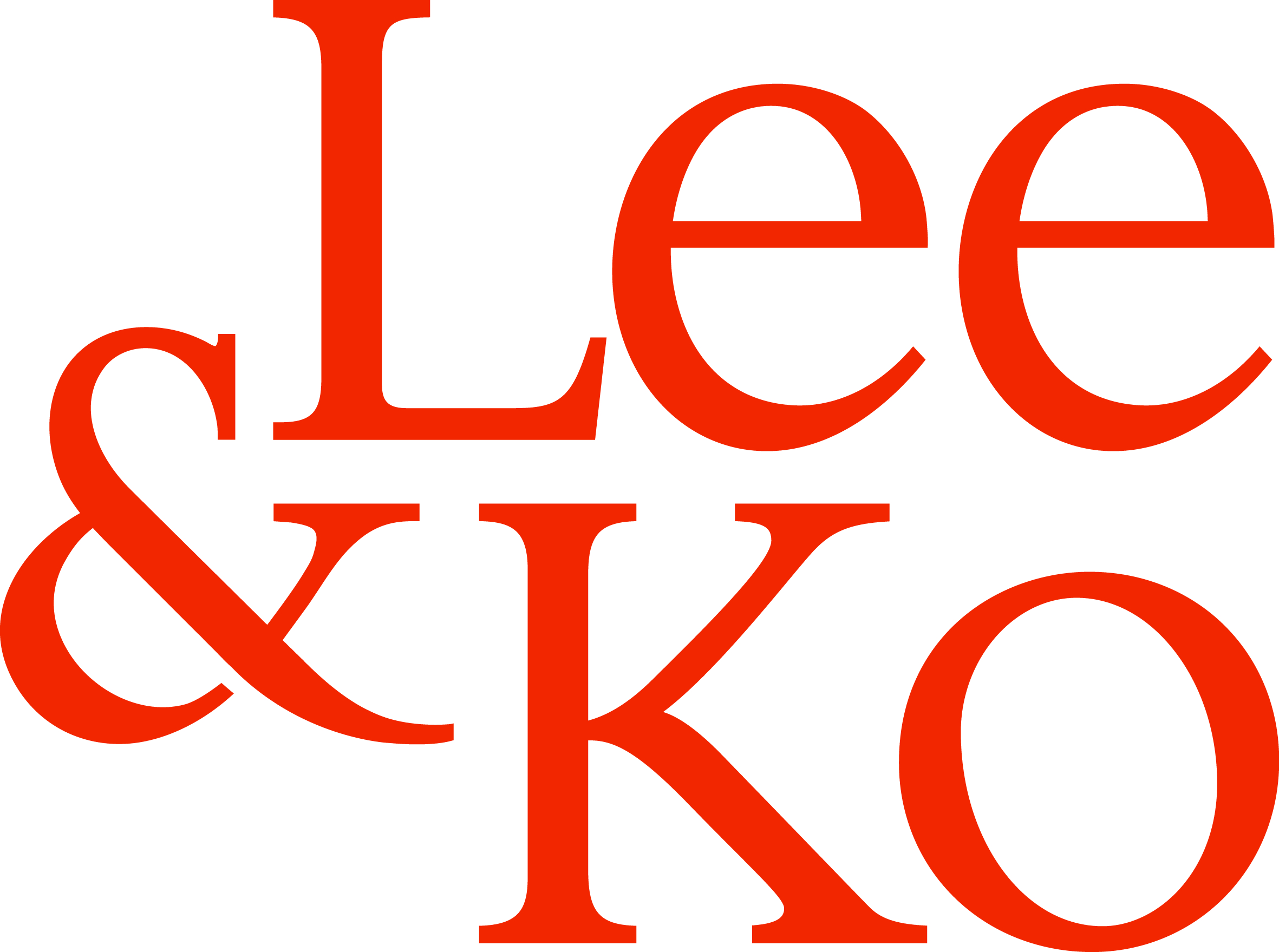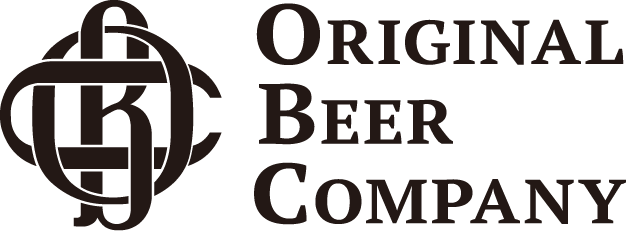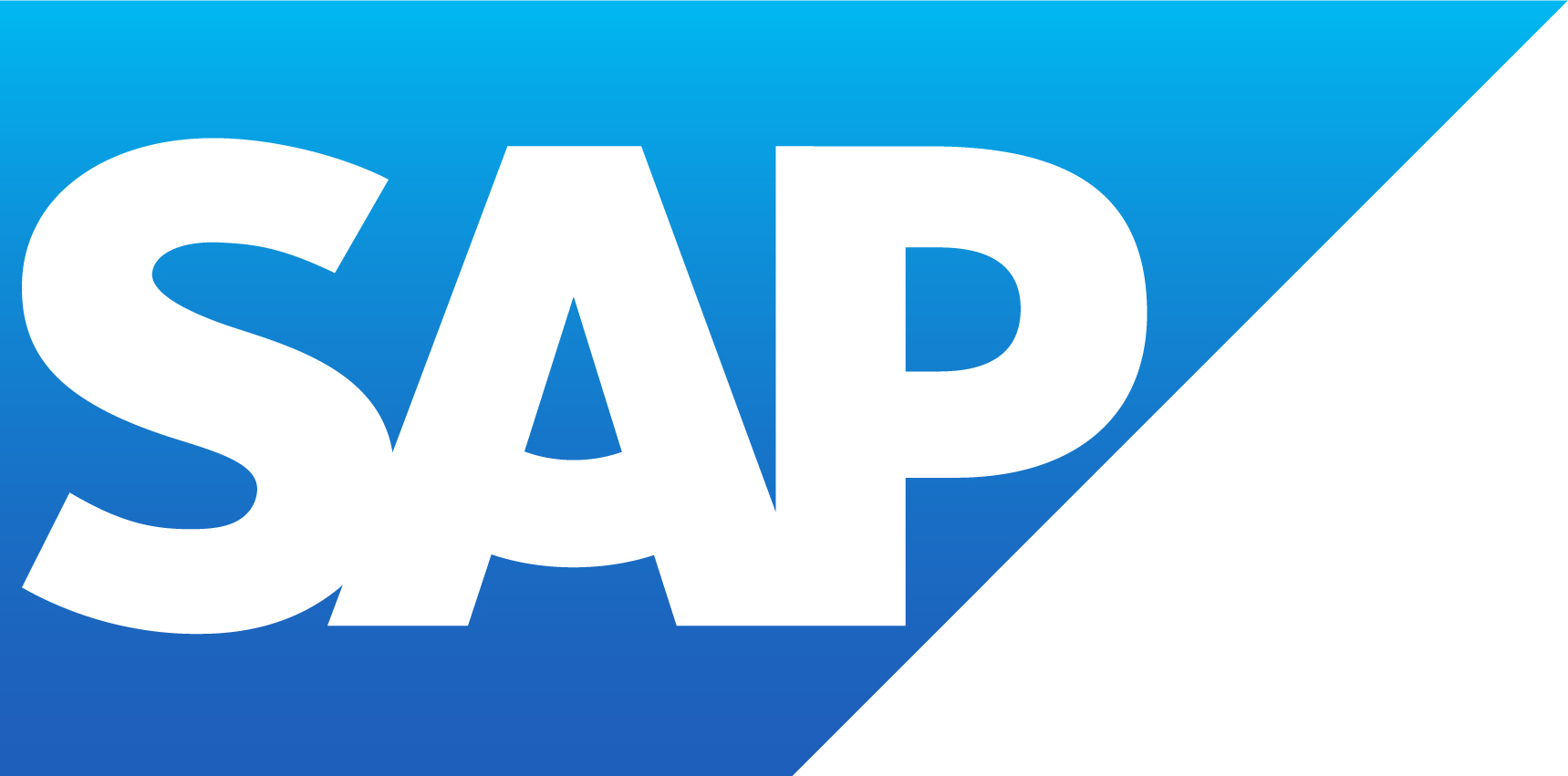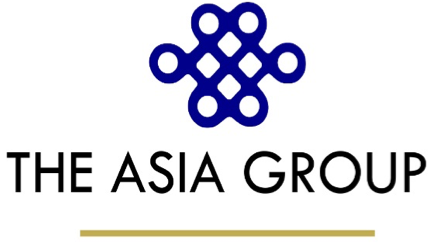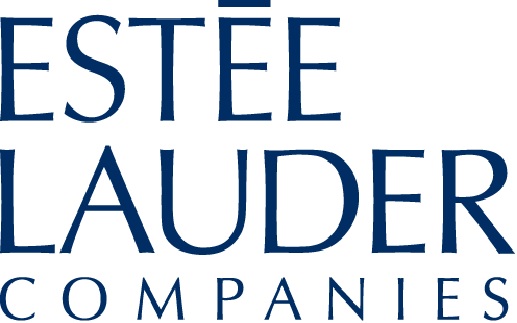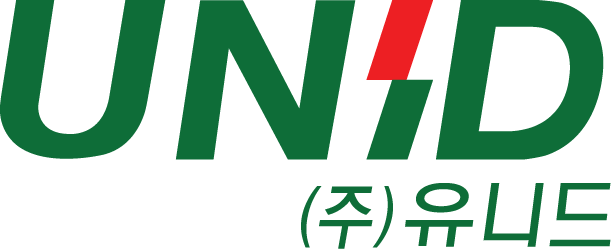AMCHAM chief stresses Korea-US alliance,
economic potential at Global Biz Forum
By No
Kyung-min, The Korea Herald - The American Chamber of Commerce in Korea Chair
and CEO James Kim highlighted the promising future of South Korea-US economic
ties despite near-term challenges, during a session at the Global Business
Forum on Wednesday.
The GBF,
organized by The Korea Herald and Herald Business, is a 15-week program held
every Wednesday, setting the stage for discussions among business leaders,
experts, scholars and diplomats on global business trends.
In his
keynote speech, “Korea at the Crossroads,” CEO Kim expressed optimism about the
business relationship between South Korea and the US as one that continues to
benefit both countries.
“Korea, as
the sixth-largest trading partner of the US, is investing heavily in the United
States while creating jobs there,” Kim said, noting that the US also plays a
vital role in the Korean economy as both a trade partner and investor.
According to
Kim, that’s where AMCHAM serves as a vital bridge that helps drive investment
in both directions. “Korea is now a major contributor to investment in the US,
surpassing Taiwan, Japan and China,” he added.
Kim further
acknowledged Korea’s untapped potential as a global business hub, noting that
it has fewer regional headquarters than Asia-Pacific peers such as Singapore
and Hong Kong.
“For a
country of this magnitude and with this level of infrastructure, the number is
far too low,” he said. “We need to recognize that Korea may not have competed
as effectively with other players in the region.”
Amid looming
challenges for Korea, including US President Donald Trump's tariffs, the
nation’s ongoing political crisis and various regulatory barriers to attracting
foreign firms, Kim explained that AMCHAM has been working to address these
issues.
“What AMCHAM
has also done is make sure that Korea stands tall,” Kim remarked, highlighting
the chamber’s role in enabling effective communication between both sides and
its “Buy American” campaign, which has helped strengthen trade and economic
ties.
Looking
ahead, Kim described the alliance as rock-solid: “There may be some short-term
setbacks, but in the long run, we’re headed toward a strong and promising
future.”
As the
evening progressed, other prominent speakers addressed the challenges facing
Korea.
Kim
Gwang-suk, a researcher at the Institute of Korean Economy and Industry and an
adjunct professor at Hanyang University’s Graduate School of International
Studies, shared his outlook on an impending shift in the global economic
landscape.
“The world
has entered an era of muted growth, but not recession,” Kim said. “What Korea
needs is to confront the reality head-on — that we are falling behind China and
remain vulnerable to American protectionism. Only by acknowledging this can we
chart a path forward.”
As one
solution, Kim suggested that Korea deepen engagement with new emerging markets,
singling out India as a prime example due to its rapid economic growth.
Turning the
focus to Korean society, Yoo Seong-ho, a professor in the department of
forensic medicine at Seoul National University College of Medicine, emphasized
the growing importance of health, particularly as the nation undergoes rapid
aging.
“With health
care costs expected to rise alongside increasing life expectancy, it’s
important to stay healthy and face the final chapter of life without regret,”
he said.
He explained
that discussions surrounding “well-dying” are closely tied to overall
well-being, and that it is worth reflecting on how we want to approach the end
of life.
Source:
https://www.koreaherald.com/article/10457343




